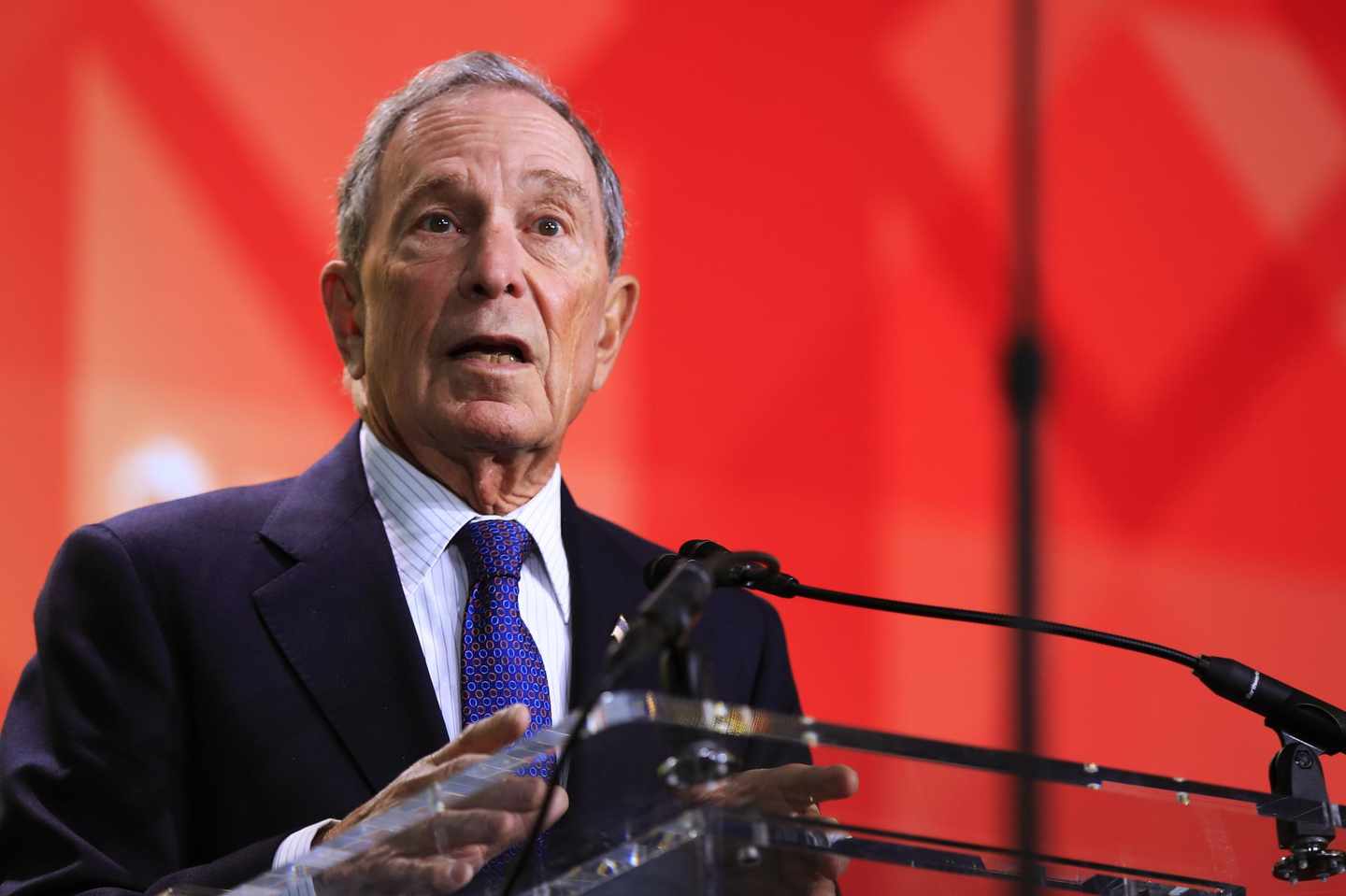The Futility of Bloomberg 2020
November 11, 2019#election2020 #Democraticpresidentialcandidates #MichaelBloomberg

The track record of late presidential entrants is poor, as I chronicled in my previous column. Wesley Clark, Fred Thompson and Rick Perry all jumped into their respective primaries in the August or September before the first votes were cast, generating massive amounts of hype, which they then failed to match.
Former New York City Mayor and media mogul Michael Bloomberg is not taking my counsel. While he has not quite formally announced, he is submitting the requisite paperwork in states with early filing deadlines: Alabama last Friday and Arkansas this coming Tuesday.
Bloomberg’s late-entry strategy is more ludicrous than what Clark, Thompson and Perry cooked up. Bloomberg plans to completely skip the first four contests in Iowa, New Hampshire, Nevada and South Carolina, and begin competing on “Super Tuesday,” March 3, when 15 states will hold primaries.
There is superficial logic to this plan. The billionaire former Republican isn’t a great fit for the college-educated liberals of Iowa and New Hampshire, nor for the union workers of Nevada, nor for the African Americans of South Carolina. Winning any of those four small-state contests involves much retail campaigning, and Bloomberg is very late in assembling high-quality, locally sourced, get-out-the-vote operations. So, he might as well pass on the ground game and go straight to the air war — dumping millions into a Super Tuesday TV and online ad blitz.
But red flags are everywhere. The last person who tried to circumvent multiple demographically unfriendly early states was Rudy Giuliani in 2008. After he performed poorly in Iowa and New Hampshire, he declared he would skip the next three contests and focus solely on Florida. But having already been weakened by defeat, he never found his footing in the Sunshine State and fizzled out.
Bloomberg wants to avoid this problem by never giving the first four states a chance to weaken him. But the fact that Bloomberg can’t easily compete is, in and of itself, a sign of weakness. If his natural constituency isn’t liberal college grads, working-class laborers or African Americans, then just who is it?
Another past example of a late starter is then-California Gov. Jerry Brown, who didn’t enter the 1976 presidential primary until March, after most states had already voted. He sought to capitalize on liberal resistance to Jimmy Carter, who was on the verge of wrapping up the nomination, and force a brokered convention in an era when brokered conventions were the norm. Brown successfully leveraged his novelty and upset Carter in Maryland, but then only managed victories in his home state of California and neighboring Nevada. His effort was literally too little, too late.
Bloomberg isn’t proposing a start as late as Brown’s, but the unspoken premise of his delay is similar — wait until voters are dissatisfied with their front-runner and also-rans, then offer yourself as an unblemished alternative. However, this only works if voters are deeply dissatisfied with their field. Bloomberg’s strategy is contingent on how well others perform; he wouldn’t control his own destiny.
On top of all the logistical hurdles that complicate a late start, Bloomberg is simply a poor fit for the Democratic Party. Being a moderate isn’t necessarily a problem — Joe Biden leads most polls, and Pete Buttigieg is running second in Iowa, after both have criticized Bernie Sanders and Elizabeth Warren for being ideologically extreme. Where Bloomberg is most vulnerable is his mayoral record of “stop and frisk” policing, which a federal judge said was being executed in an unconstitutional fashion. Moreover, Bloomberg has sounded skeptical of the #MeToo movement, telling the New York Times last year, “The stuff I read about is disgraceful — I don’t know how true all of it is,” and hesitating to condemn Charlie Rose after the TV host was accused of sexual misconduct.
You might think Bloomberg running afoul of left-wing activists on Twitter is not politically fatal, considering Biden has maintained a base of support after being accused of inappropriate (albeit nonsexual) touching, and waxing nostalgic about working alongside segregationist senators. But Biden at least can lean on a reservoir of goodwill, particularly among older Democrats, stemming from his loyal service as Barack Obama’s vice president and his leadership in the Senate to enact the Violence Against Women Act. Bloomberg has nothing similarly positive in his record to neutralize those negatives.
Bloomberg may be fully cognizant of the political hurdles created by his record and his strategy, but feels compelled to forge ahead because he doesn’t believe any of the relatively moderate candidates can deny the nomination to either of the progressive populists, Warren and Sanders. But if Biden is too old, so is Bloomberg. If Buttigieg’s mayoral resume is thin and racially divisive, Bloomberg’s is not much better. If Amy Klobuchar, Michael Bennet, Steve Bullock and John Delaney lack charisma, it’s not because Michael Bloomberg has been hoarding it.
The one thing Bloomberg has that they don’t is billions of dollars. But that doesn’t mean the best way he can spend his money is on himself. He could get behind one of the existing candidates, and help rally fellow donors — as well as his fellow climate and gun control activists — to their side. Instead, by embarking on a hastily assembled self-funded campaign, he risks either being an afterthought, or worse (at least, from his perspective), dividing the moderate vote and easing the path to the nomination for Warren or Sanders.
Apparently, the motto of every long-shot candidate in this unwieldy and sprawling 2020 primary comes from “Dumb and Dumber's” Lloyd Christmas: “So you're telling me there's a chance!” But even if that’s the message he is getting from his political advisers, the previously hesitant Bloomberg might still want to consider whether that chance is worth the bet.
Source: https://www.realclearpolitics.com/

